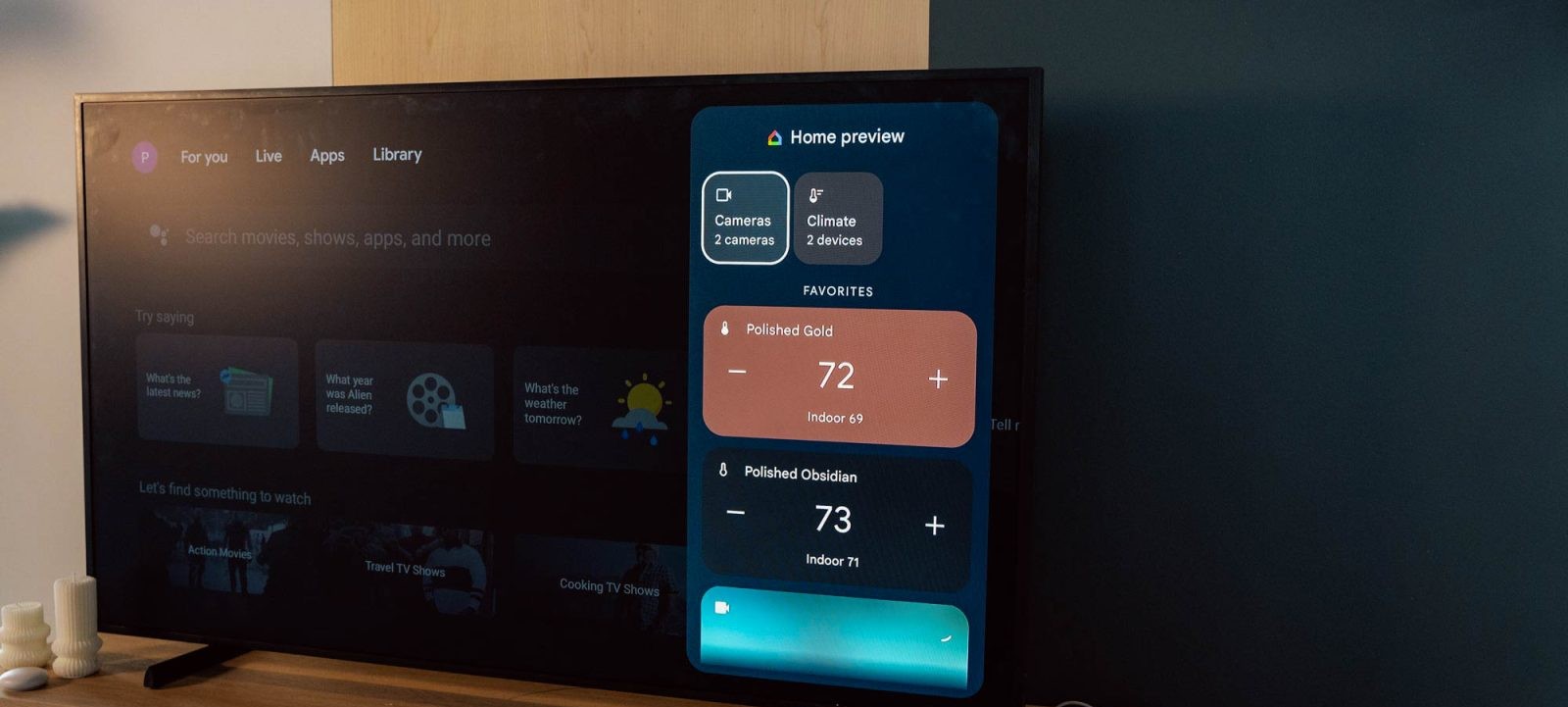Google has officially begun enforcing a requirement for Android Auto users to operate devices running Android 9.0 (Pie) or later. This change, initially announced over a year ago, is now being implemented with the release of Android Auto version 15.5.
Background on Android Auto’s Version Requirements
Android Auto, Google’s platform that integrates Android devices with vehicle infotainment systems, has progressively increased its minimum operating system requirements. In 2022, the requirement was elevated to Android 8.0 (Oreo). The decision to further raise the bar to Android 9.0 was disclosed in 2024, but enforcement was delayed until now.
Current Enforcement with Android Auto 15.5
The enforcement of the Android 9.0 requirement coincides with the beta release of Android Auto 15.5. Users attempting to install this latest version on devices running Android versions below 9.0 will encounter compatibility issues. This enforcement is evident in the Play Store listing for beta participants, which specifies that the app necessitates Android 9 and up.
Implications for Users on Older Android Versions
The decision to enforce this requirement may have minimal impact on the majority of users. As of April 2025, Google’s data indicates that only 1% of active devices are operating on Android 8.0, with an additional 3% on Android 8.1. This suggests that the vast majority of Android users are already on versions 9.0 or higher, aligning with the new requirement.
Potential Reasons for the Delay in Enforcement
While Google has not explicitly stated the reasons for the delay in enforcing the Android 9.0 requirement, several factors could have contributed:
– User Transition Period: Allowing a grace period enabled users on older Android versions to upgrade their devices or operating systems, thereby reducing potential disruptions.
– Developer Adjustments: The delay provided developers with additional time to ensure their applications were compatible with the new requirements, facilitating a smoother transition.
– Market Analysis: Monitoring the adoption rates of newer Android versions may have influenced the timing, ensuring that the enforcement would affect a minimal user base.
Comparative Context: Waze’s Similar Update
This move by Google mirrors actions taken by other app developers. For instance, in August 2025, Waze announced that it would cease updates for devices running Android versions below 10.0. This trend underscores a broader industry shift towards supporting more recent Android versions to leverage enhanced security features and improved performance.
Looking Ahead: Future Implications
As technology continues to evolve, it’s anticipated that minimum operating system requirements will progressively increase. Users are encouraged to keep their devices updated to ensure compatibility with the latest applications and to benefit from improved security measures. For those still using devices on Android versions below 9.0, considering an upgrade may be prudent to maintain access to essential services like Android Auto.
Conclusion
Google’s enforcement of the Android 9.0 requirement for Android Auto signifies a commitment to enhancing user experience and security. While the change may affect a small segment of users, it reflects a broader industry trend towards supporting more recent operating system versions. Staying informed about such updates is crucial for users to ensure uninterrupted access to their preferred applications and services.



